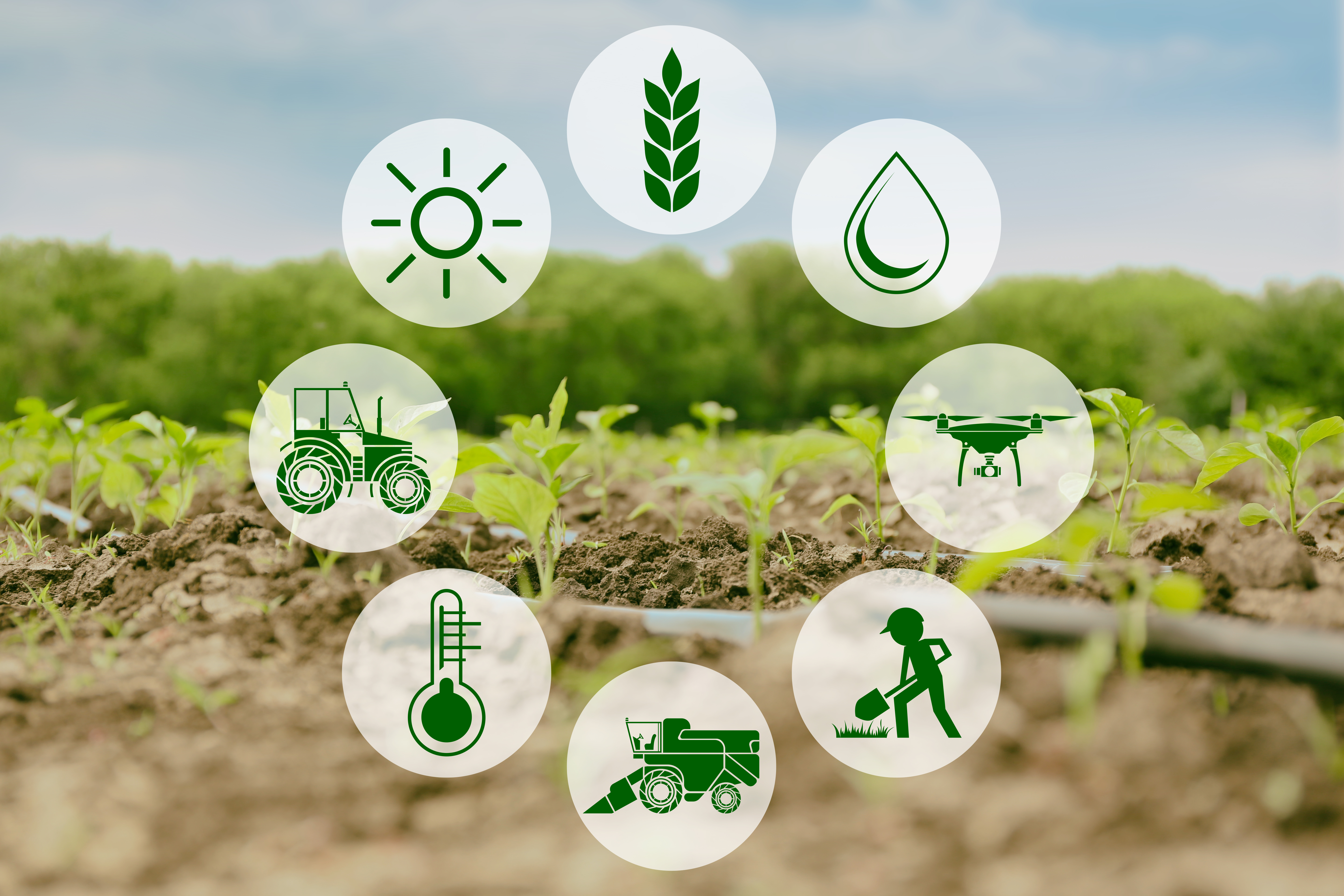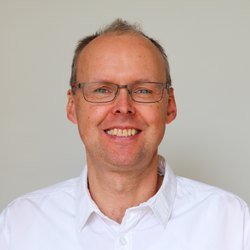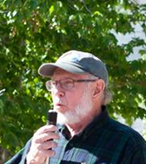Good Food for All - Towards Sustainable Food Systems in Germany and the US
Monday, November 29, 2021
NEW TIME: 2-3:30pm Eastern Time (US) / 8-9:30pm German time
Zoom Webinar
You can watch a recording of the complete event by clicking the button above.
About the Event
 In light of great global challenges like the climate and biodiversity crises, what food systems do we need in order to be able to produce nutritious, healthy food for all within planetary boundaries? What is the agricultural model of the future? Some claim that the only viable model is our industry of monocultures and specialized farms for pigs, cattle, corn, or soy that require high levels of fertilizers, pesticides, antibiotics, hormones, and uniform high-tech seeds. That is the same system that embraces GMO foods.
In light of great global challenges like the climate and biodiversity crises, what food systems do we need in order to be able to produce nutritious, healthy food for all within planetary boundaries? What is the agricultural model of the future? Some claim that the only viable model is our industry of monocultures and specialized farms for pigs, cattle, corn, or soy that require high levels of fertilizers, pesticides, antibiotics, hormones, and uniform high-tech seeds. That is the same system that embraces GMO foods.
The alternative to this is organic ecological agriculture, decentralized, with independent circular economies and diversity of crops, far less meat production in support of climate-friendly predominantly plant-based diets. At present this model requires more acreage and also more financial support. What has led to the existing food system? What lessons can we learn from each other on both sides of the Atlantic? What can universities do to contribute to a future-fit food system for all? What kind of research is needed most? The EU’s “Farm-to-Fork-Strategy” as part of the European Green Deal aims to reach 25% organic food production by 2030. Austria is already now at 26%, Sweden 21%. In Germany, organic farms increased their acreage by 50% over the past five years. One third of all conventional farmers say they can imagine transitioning to organic farming. What about the US?
About the Speakers
 Friedhelm von Mering is Political Liaison Manager at BÖLW, the national umbrella organization of organic farmers, food processors and retailers in Germany. A biologist by training with a PhD in Zoology, von Mering became involved with organic farming in 1991 when - as a volunteer for Greenpeace - he helped introduce organic food into the dining halls at Tübingen University. After finishing his university career, Friedhelm has worked for organic companies and associations in various positions and spent 5 years as an aide to Members of the German Parliament (Bundestag) before joining BÖLW in 2015.
Friedhelm von Mering is Political Liaison Manager at BÖLW, the national umbrella organization of organic farmers, food processors and retailers in Germany. A biologist by training with a PhD in Zoology, von Mering became involved with organic farming in 1991 when - as a volunteer for Greenpeace - he helped introduce organic food into the dining halls at Tübingen University. After finishing his university career, Friedhelm has worked for organic companies and associations in various positions and spent 5 years as an aide to Members of the German Parliament (Bundestag) before joining BÖLW in 2015.
 Ed Stockman is a biologist, 4th generation farmer and cofounder of Regeneration Massachusetts. His concern for the environment and a desire to grow nutritious, pesticide-free food motivated him to grow crops organically. Ed has been an organic farmer for 50 years. He served with his wife in the Peace Corp Alternative Agriculture Program in Ecuador as a volunteer and trainer and for several years, conducted grant-funded, applied agricultural research at his farm in Plainfield, Massachusetts. Ed is the former (retired) Northeast Organic Farming Association, Massachusetts Chapter (NOFA/Mass) organic extension educator and is presently an organic consultant for the Massachusetts Department of Agricultural Resources (MDAR).
Ed Stockman is a biologist, 4th generation farmer and cofounder of Regeneration Massachusetts. His concern for the environment and a desire to grow nutritious, pesticide-free food motivated him to grow crops organically. Ed has been an organic farmer for 50 years. He served with his wife in the Peace Corp Alternative Agriculture Program in Ecuador as a volunteer and trainer and for several years, conducted grant-funded, applied agricultural research at his farm in Plainfield, Massachusetts. Ed is the former (retired) Northeast Organic Farming Association, Massachusetts Chapter (NOFA/Mass) organic extension educator and is presently an organic consultant for the Massachusetts Department of Agricultural Resources (MDAR).